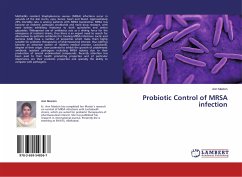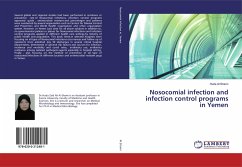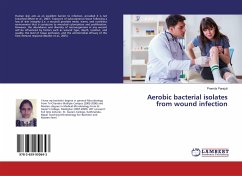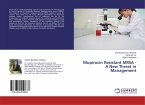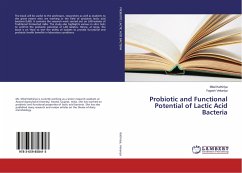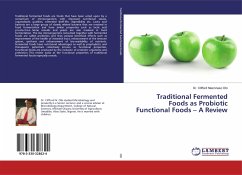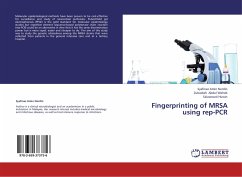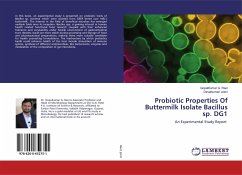Methicillin resistant Staphylococcus aureus (MRSA) infections occur in wounds of the skin burns, eyes, bones, heart and blood. Approximately 23% mortality rate is among patients with MRSA bacteremia. MRSA has become an endemic pathogen worldwide and multi drug resistant, with most isolates exhibiting resistance to both quinolones and amino glycosides. Widespread use of antibiotics acts as a driving force for the emergence of resistant strains, thus there is an urgent need to search for alternatives to synthetic antibiotics for treating MRSA infections. Lactic acid bacteria (LAB) have a number of properties which make them highly suitable for probiotic therapeutics of pharmaceutical interest, thus LAB has become an attractive option of modern medical practice. Lactobacilli, despite of their origin, have potential to inhibit the growth of problematic antibiotic resistant pathogens including MRSA isolates due to their production of several antimicrobial compounds. Recently attentionhas been paid to their health promoting properties and of particular importance are their probiotic properties and specially the ability to compete with pathogens.

